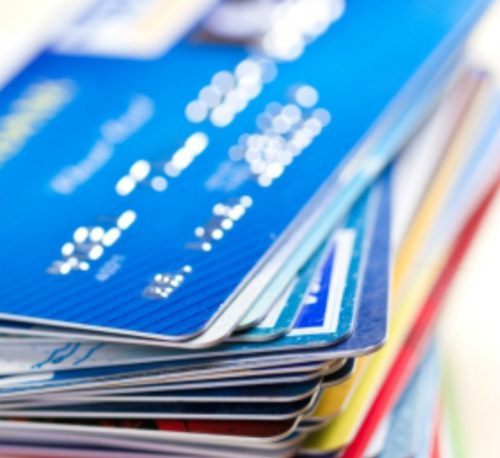
With the credit card being one of the most popular financial products to be in use in modern times, it is very important for every user to be fully aware of its working and implications. Although people spend considerable amount of time researching on getting a good credit card, very few actually take the time to understand the security aspects of a credit card. Credit card users usually do not doubt the safety and security of their cards, and this is primarily based on certain myths they hold.
Let’s look at some of the most popular credit card myths which you should be careful about:
No one knows my CVV number; so my card is safe:
This is a popular myth held by people that if they keep their CVV number safe, then their card is safe. But stop and think again. Some websites do not ask for your CVV number when you do an online transaction. It is not made mandatory and therefore, simply by entering the card number, the expiry date and name of the card holder, the transaction can be completed. One way to secure your card in offline transactions is to scratch off the CVV number which is usually at the back of the card. You should also ensure that you are physically present when the card is swiped. This is especially critical in petrol pumps where the swiping machine is usually some distance away.
My credit card cannot be duplicated; hence it is safe:
A magnetic strip based credit card stores a lot of data on the magnetic strip. When your card is swiped, the data is extracted for verification purposes. It is possible to clone your card using this data and make a duplicate card, thus putting your card at risk. EMV (Europay, Mastercard and Visa) chip based cards are more secure in this respect and banks are now issuing this at the request of the customer. Hence stop assuming that your card cannot be duplicated and it is safe.
No one knows my PIN and password; so my card is safe:
This is another myth related to credit cards. Online transactions made on Indian websites require you to input a secure PIN as the final authentication to the transaction, after you input details like your name, card number and CVV number. This is a recent move by RBI to enhance the safety of the transaction. However, transactions on international websites do not make this additional layer of safety mandatory. As a result, if someone knows all the details of your card other than the secure PIN, he can still use it on international websites.
My signature at the back of the card is not very critical:
The signature at the back of the card is often not given the importance it deserves. Many people ignore signing at the back of the card, thinking that it is not very critical. However, remember that if a credit card does not have a signature at the back, it is simply an invalid card. The card issuer and the merchant get into an agreement, which specifies that every time the merchant swipes a card, he is supposed to check the signature at the back of the card vis-à-vis the signature on the bill. Only if the two signatures match, the merchant should accept the card. However, most merchants conveniently ignore this aspect. As a result, the user also does not understand its importance. As long as you have your card, this matter does not become significant. But assume you lose your unsigned credit card, and it gets used in a merchant outlet. It simply means that the person who has stolen your card has signed at the back of the card and has used it. In this case, the merchant also cannot be blamed. On the other hand, if you lose a credit card you have already signed, and if it still gets swiped by a merchant, you can demand for a comparison of the signatures, and refuse to pay the amount, as the merchant would not have done a signature comparison. Hence it is very important to sign at the back of the card.
The credit card is a very powerful financial innovation, which if not used with care can endanger your financial position. Let go of the above myths to become a more powerful and informed credit card user.